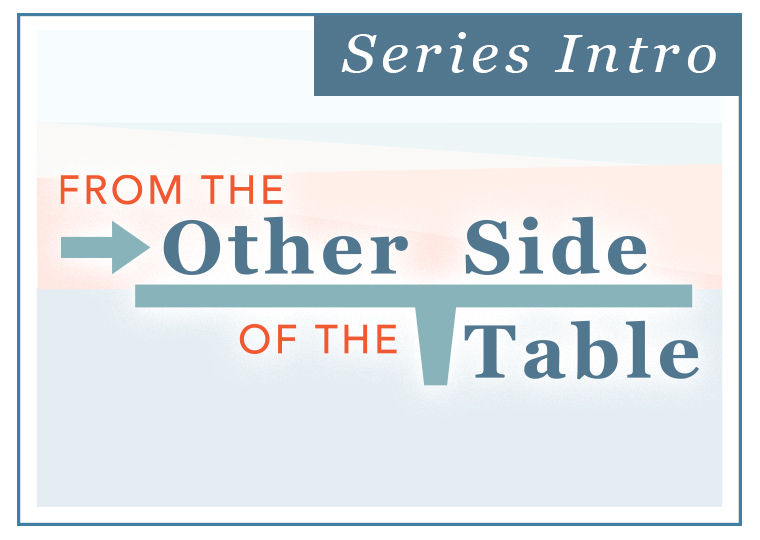Turning Toward the Table
- On Key Strategies
- Aug 4, 2025
- 2 min read
Updated: Jan 14
From the Other Side of the Table • Final Reflections
When I started this blog series, I wasn’t sure how it would land. I just knew it needed to be written. Too many good people are showing up in policy spaces feeling frustrated, unheard, and exhausted. And I get it.
These aren’t easy times. The politics of the moment are discouraging—sometimes even despondent.
But here’s the thing: we can’t afford to wait for the climate to improve. We still have kids to serve. Families to support. Systems to shift. And that means we need ways to keep showing up—effectively, strategically, and with purpose—even when it’s hard.
This series, From the Other Side of the Table, came from years of lived experience—as a legislator, staffer, commissioner, nonprofit leader, and advocate. But more than that, it came from a deep desire to help advocates stop spinning their wheels and start building real influence.
The feedback has been both encouraging and humbling. Many of you told me the series put words to frustrations you’ve long felt but couldn’t quite name. Some pushed back—and I welcome that. I know these ideas don’t apply in every context. I know there’s nuance. And I know some folks are so deeply hurt by the current state of politics that strategic advice feels beside the point.
To those people, I just want to say: I see you. This isn’t about pretending the sun is shining. It’s about finding a way forward in the storm.
These strategies are not a magic fix. But they are rooted in what I’ve seen work—not just once, but over and over again. They’re not about selling out or watering down your values. They’re about owning your voice, understanding your audience, and doing the hard, necessary work of persuasion.
Because the truth is: we can only control what we can control. And while we work for better politics, we also have to keep pushing policy in the right direction—right now, with the tools we have and the tables we can reach.
Thanks for walking this road with me. I hope the series has sparked something useful—and that you’ll keep finding ways to show up, even when it’s tough. Especially when it’s tough.
—Shannon

P.S. If this series helped you reframe your work or approach a conversation differently, I’d love to hear about it—and I hope you’ll pass it along to a colleague. We’re all just trying to make a little more progress from our side of the table.





